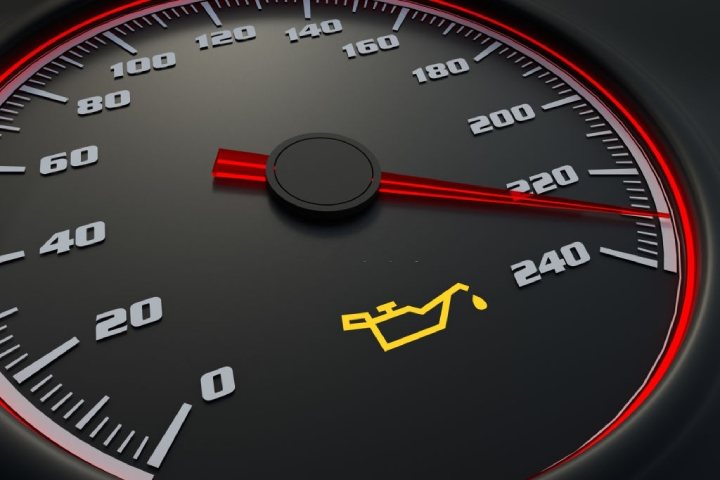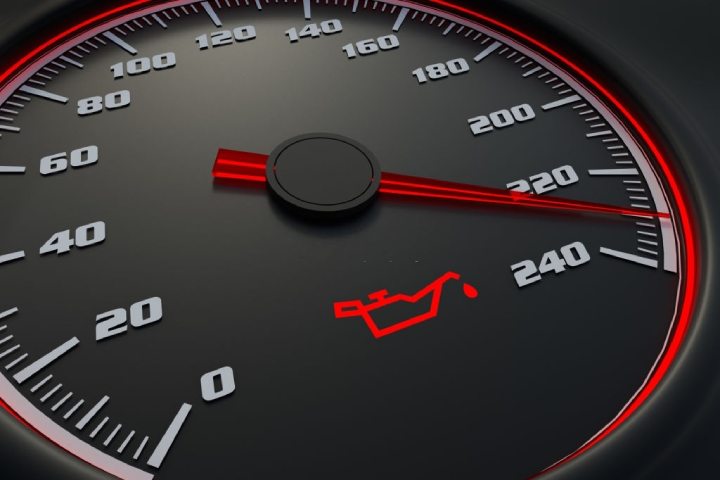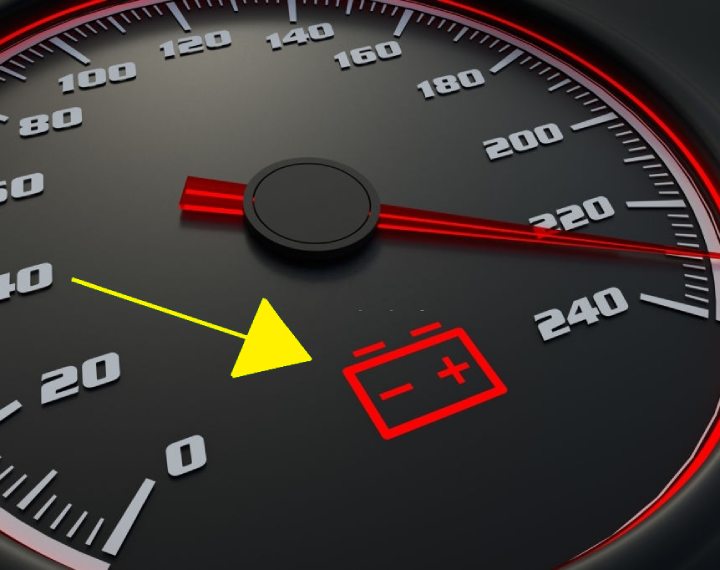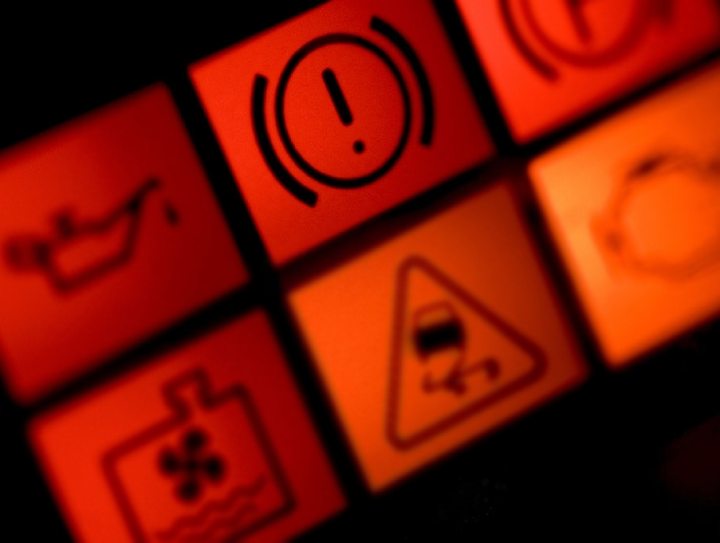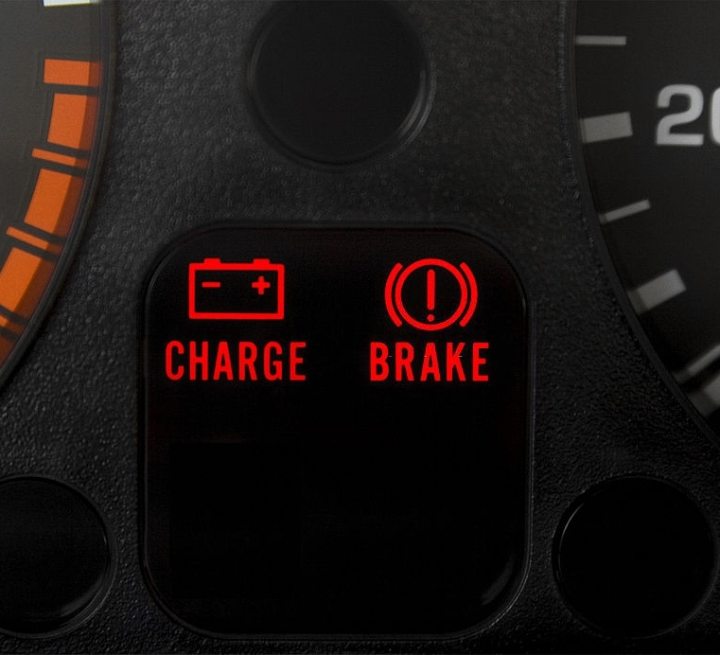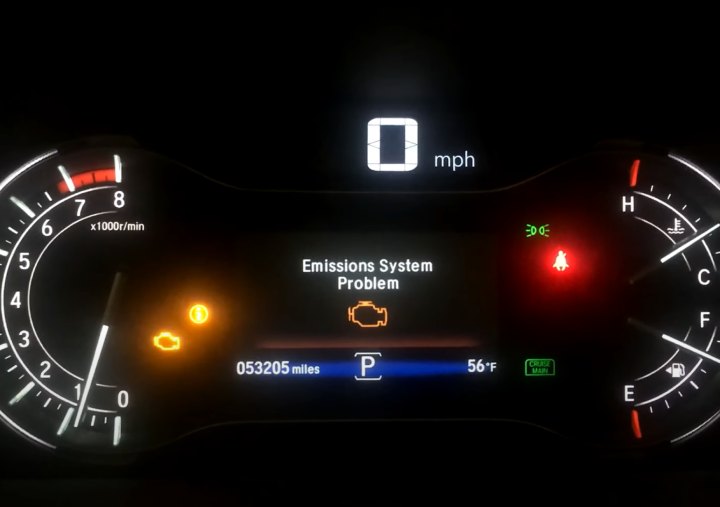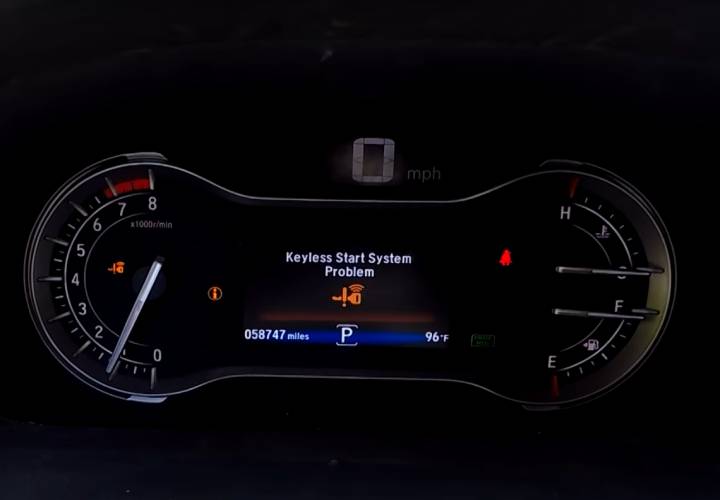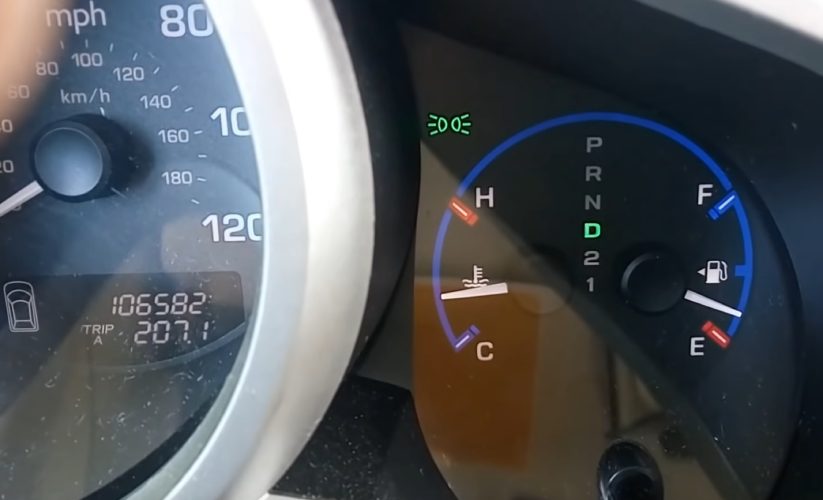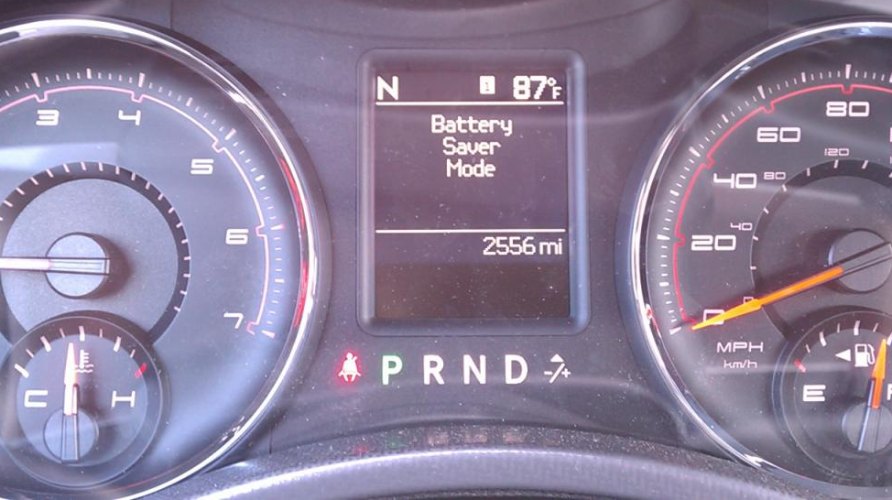As a driver, there’s nothing quite as alarming as seeing the dashboard lights in your car start to flash and hear clicking noises coming from under the hood. What does it mean? Is something seriously wrong with your vehicle? Don’t panic just yet – there are several reasons why this might be happening, and some of them aren’t cause for immediate concern.
There are several reasons that can cause clicking noises and flickering dashboard lights. Some of the main possible causes include a dead battery, bad alternator, damaged or lose battery connections, failed ignition switch, malfunctioning starter motor, engine control unit (ECU) issues, and other mechanical problems.
Common Reasons for Dashboard Lights Flashing
This section will discuss various reasons that can cause your car’s dashboard lights to flash and click. Some common reasons may include a battery issue, an alternator problem, loose wiring, or an electrical fault in the car.
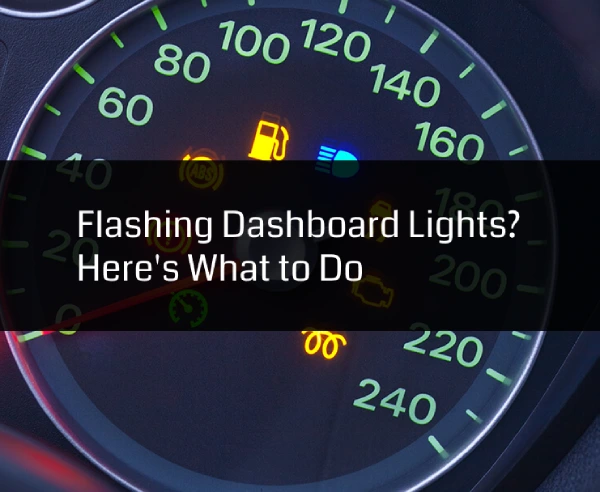
1. Faulty Alternator
The alternator is responsible for charging the battery while the engine is running. If it starts to fail, it will not be able to keep up with the power demand of your car’s electrical system and can cause a variety of issues, including dashboard lights flashing and clicking. This happens because there is low voltage supplied to the various systems in your car, causing them to malfunction. You may also notice that your headlights are dimmer than usual or that you’re having trouble starting your car.
2. Issues with the Battery or Battery Cables
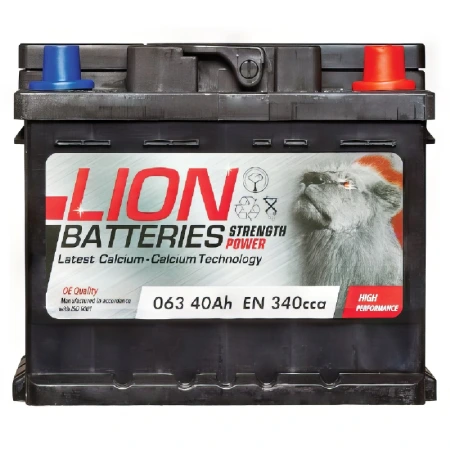
The next most common reason for dashboard lights flashing and clicking could be due to issues with the battery or its cables. It’s possible that your battery has run out of juice, which could cause problems like this. Or maybe one of the cables connecting the battery to other parts of your vehicle has come loose or been damaged in some way.
3. Faulty Ignition Switch
A faulty ignition switch could also lead to dashboard lights flashing and clicking when you try to start your car. This happens because when you turn the key in the ignition switch, it sends an electrical signal throughout various parts of your car- including gauges and warning light indicators on your dash- telling them how they should behave accordingly based on current conditions such as oil pressure levels, fuel quantity etc..
4. Worn Spark Plugs
The most common reason for dashboard lights flashing and clicking is worn spark plugs. Spark plugs are responsible for igniting the fuel that powers your car’s engine. Over time, they can wear down and fail to produce a strong enough spark to ignite the fuel. This can cause misfires, which can lead to rough idling, stalling, and even damage to your catalytic converter.
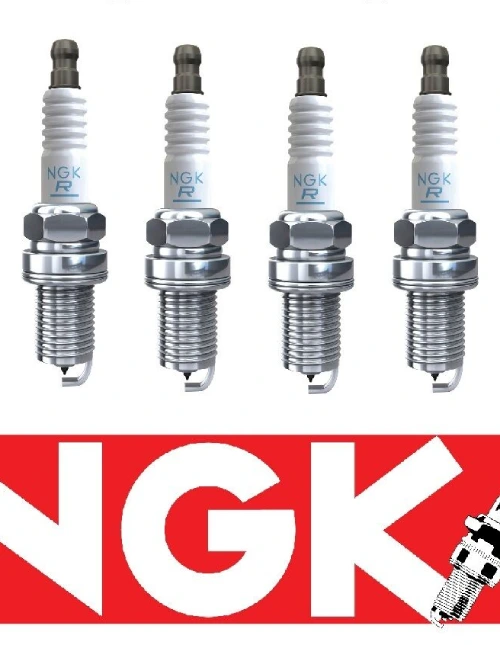
If you suspect that your spark plugs are worn out, you should have them replaced as soon as possible. It’s a relatively easy and inexpensive fix that will improve your car’s performance and reduce the risk of more serious problems down the road.
Read more: Should You Lube Spark Plugs? Here’s when!
5. Faulty Starter
Another possible cause of dashboard lights flashing and clicking is a faulty starter. The starter is responsible for cranking your engine when you turn the key in the ignition. If it fails or malfunctions, you’ll hear clicking or grinding sounds coming from under the hood.
In some cases, a faulty starter may be repairable, but in others, it may need to be replaced entirely. Diagnosing a faulty starter can be tricky; if you suspect this is the problem with your vehicle, it’s best to take it to an experienced mechanic who can properly diagnose the issue.
6. Malfunctioning Electrical System
Finally, another possible cause of dashboard lights flashing and clicking could be a malfunctioning electrical system. Your car’s electrical system is responsible for powering all of its accessories and components – including those that control dashboard lights.
If there’s an issue with any part of this complex system – such as a bad battery or alternator – it could lead to flickering or flashing dash lights as well as other issues like dim headlights or slow power windows.
Because diagnosing electrical issues requires specialized knowledge and equipment – not to mention patience – it’s best left up to experienced professionals who know exactly what they’re doing.
How to Troubleshoot
This section will provide a step-by-step guide on how to troubleshoot flashing warning lights, based on what might cause the blocking noise and dash lights flicker. The steps may include checking the battery voltage using a multimeter, visually inspecting all fuses and relays connected with the battery system, testing the alternator output voltage using specialized tools such as digital voltmeter or load tester.
1. Faulty Alternator
If your alternator is faulty, it will cause the battery to drain quickly and the dashboard lights to flicker or dim. To check if the alternator is working properly, turn off all electrical components in your car and start the engine. Check if the voltage reading on your voltmeter is between 13.5V-14V. If it is lower than this range, then it might be an indication of a faulty alternator.
2. Issues with the Battery or Battery Cables
Check if there are any signs of corrosion on the battery terminals or damage to the cables that connect them. If so, clean them with baking soda and water solution and tighten them back properly. You can also get your battery checked at an auto parts store or mechanic for free.
3. Faulty Ignition Switch
The ignition switch controls power distribution within your car’s electrical system; hence a fault in this component could lead to dashboard lights flashing and clicking sounds while starting up your vehicle. Try turning on different electrical components such as headlights or radio to see if they light up even as you try to start the engine since that could indicate an issue with the ignition switch.
4. Worn Spark Plugs
A spark plug ignites the fuel in each cylinder of your engine, enabling combustion needed for running smoothly. Replace worn-out spark plugs as soon as possible because they affect how well engines work by preventing proper firing when starting.
5. Faulty Starter
When you turn over key crackling sound which may indicate starter motor-related issues making no sound at all? Listen carefully because sometimes clicks mean something else entirely – like bad connections between wiring leading from solenoid connected on top of the starter motor.
6. Malfunctioning Electrical System
In some cases, the dashboard lights flashing and clicking may be due to a malfunction in your car’s electrical system. Check all fuses to see if there is one blown giving you an issue, then have your mechanic check other possible electrical component faults based on their own diagnosis.
Read more: Why Do Dash Lights Stay on After the Key Is Removed – Solved
How much does it cost to fix
Based on your findings, here’s a table breaking down the estimated costs for each potential issue. Keep in mind that the cost ranges provided are estimates only and may vary depending on the make, model, and location of the vehicle as well as the mechanic’s experience and rates. I recommend visiting your local garage and get a quote.
| Possible Cause | Parts Cost Range | Labor Cost Range | Total Cost Range |
|---|---|---|---|
| Faulty Alternator | $100 – $500 | $75 – $150 per hour | $200 – $800 |
| Issues with Battery or Cables | $50 – $300 | $75 – $150 per hour | $125 – 450 |
| Faulty Ignition Switch | $100-$250 | 2 hours @ around $100/hour ($200) | $300-$450 |
| Worn Spark Plugs | Around $50 for a set of four spark plugs | 2 hour @ around $75-$150 per hour | $200-$350 |
| Faulty Starter | $200-$400 $ | ($80 -$120 labor charges) | $280-$520 |
When to seek professional help?
If, after following all these troubleshooting methods, your dash lights continue to flash and click, then it could be best advised that you have a qualified mechanic diagnose the problem for you.
Additionally, if you notice any other issues with your car’s performance or electrical system, such as difficulty starting the engine or dim headlights, this can also be a sign of a more significant issue. Seeking professional help quickly can prevent further damage to your car’s electrical system and ensure safe driving conditions.
FAQs
Can a faulty alternator cause dashboard lights to flash and click?
Yes, a faulty alternator can cause the dashboard lights to flash and click. The alternator is responsible for recharging the battery while the car is running and supplying power to various electrical components of the car.
If the alternator is not working correctly or has failed, it can cause intermittent power supply to these components, resulting in flashing and clicking dashboard lights. It’s essential to have your alternator checked and replaced if necessary to avoid further damage to your car’s electrical system.
How does a failing battery contribute to flashing and clicking dashboard lights?
A failing battery can cause the dashboard lights to flash and click because it is responsible for supplying power to the car’s electrical system. If the battery is not functioning correctly or has a weak charge, it may not be able to provide enough power to all of the electrical components in the car, causing intermittent power supply and leading to flashing and clicking dashboard lights. It’s essential to have your battery checked regularly and replaced if necessary to avoid issues with your car’s electrical system.
Read more: Hazard Lights Blinking When Car Is Locked/Off – Possible Causes
Can I diagnose the reason behind the flashing and clicking dashboard lights myself?
While it is possible to diagnose some issues causing flashing and clicking dashboard lights yourself, it can be challenging to pinpoint the exact cause. You may need specialized equipment or knowledge of your car’s electrical system to do so accurately.
In addition, some issues that cause flashing and clicking dashboard lights can be dangerous to address on your own. It’s always best to seek professional help from a qualified mechanic who can diagnose the issue correctly and safely repair any problems with your car’s electrical system.
Are flashing dashboard lights a serious issue?
Flashing dashboard lights can be a significant issue, as they can indicate problems with your car’s electrical system, which can impact the performance and safety of your vehicle. Additionally, ignoring flashing dashboard lights can lead to more severe issues down the line and potentially costly repairs. Therefore, it’s important to have any issues with your dashboard lights addressed promptly by a qualified mechanic.
Closing Thoughts
Flashing and clicking dashboard lights can be frustrating, but ignoring them can lead to severe mechanical problems down the road.
Whether it’s a simple fix like replacing a dead battery or more complex issues such as problems with your ECU or starter motor, seeking advice from a professional mechanic is essential to avoid further damage to your vehicle. Regular maintenance and keeping an eye on any warning lights in your car can help prevent these issues from happening in the first place.
Engineering Coordinator with 5+ years of experience in the automotive manufacturing industry. Currently supporting vehicle development and new model launch activities at Honda Development and Manufacturing of America. Skilled at managing engineering teams, overseeing prototype builds, coordinating testing, and driving continuous process improvements. LinkedIn

